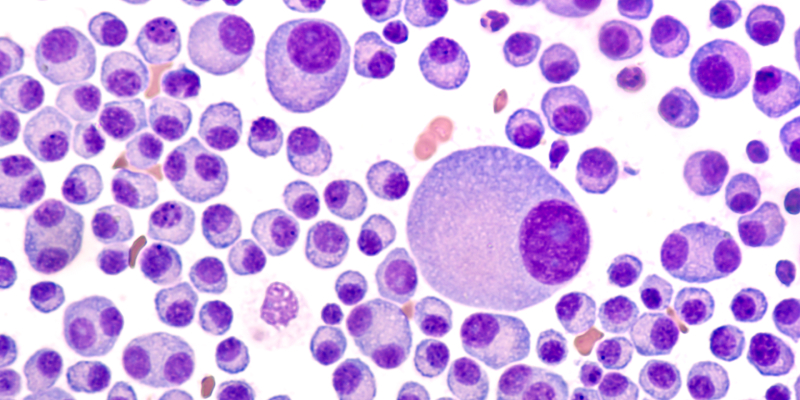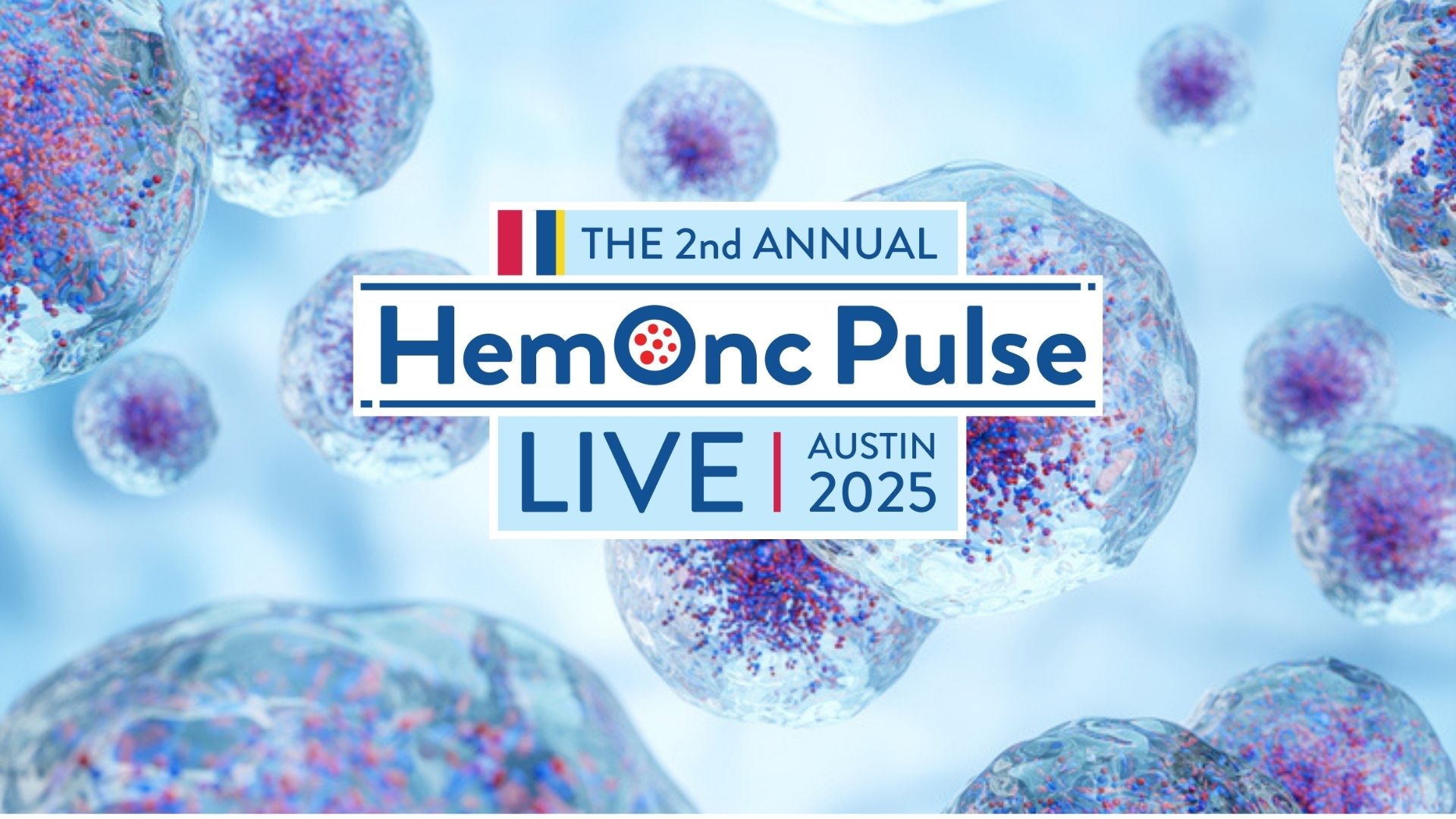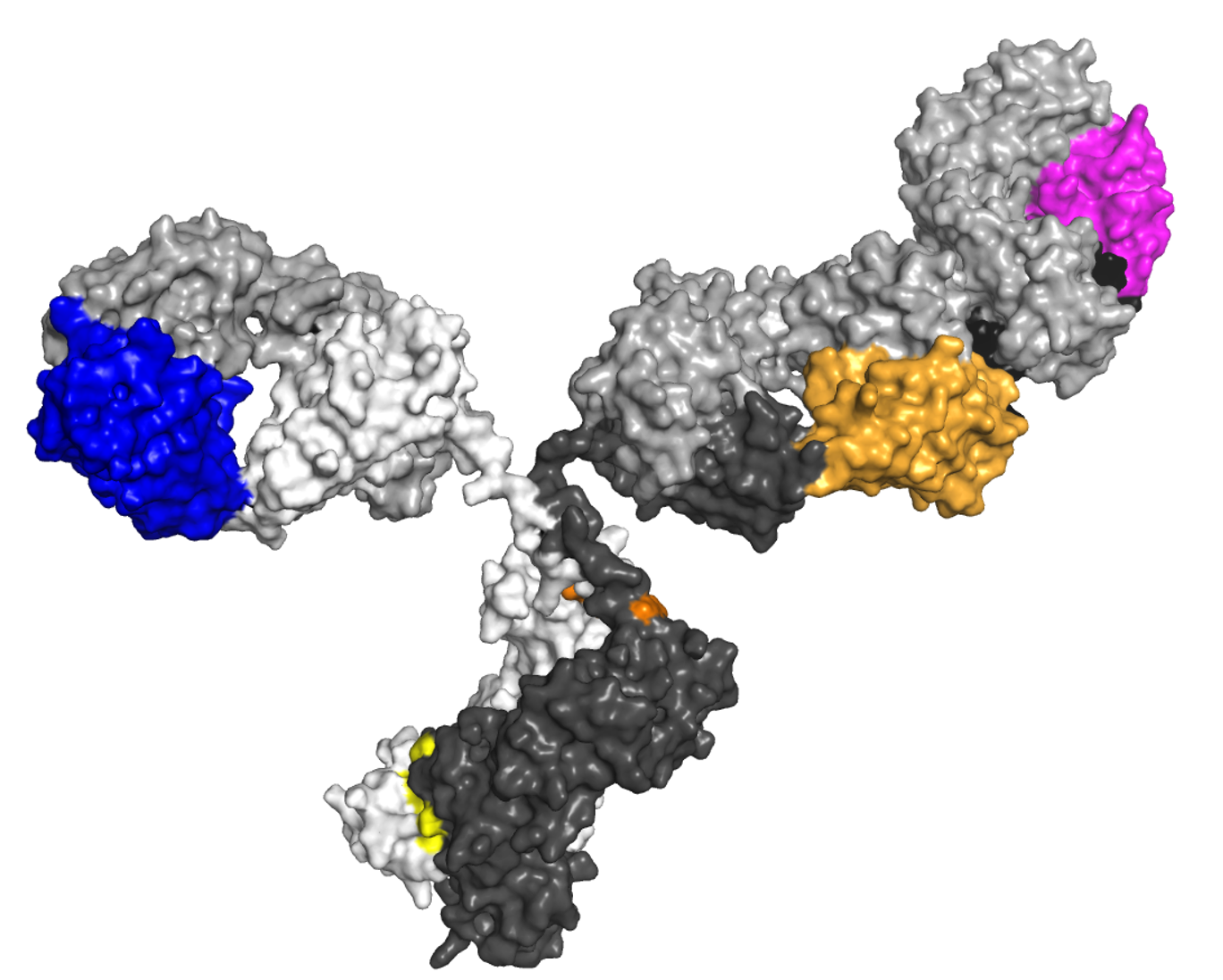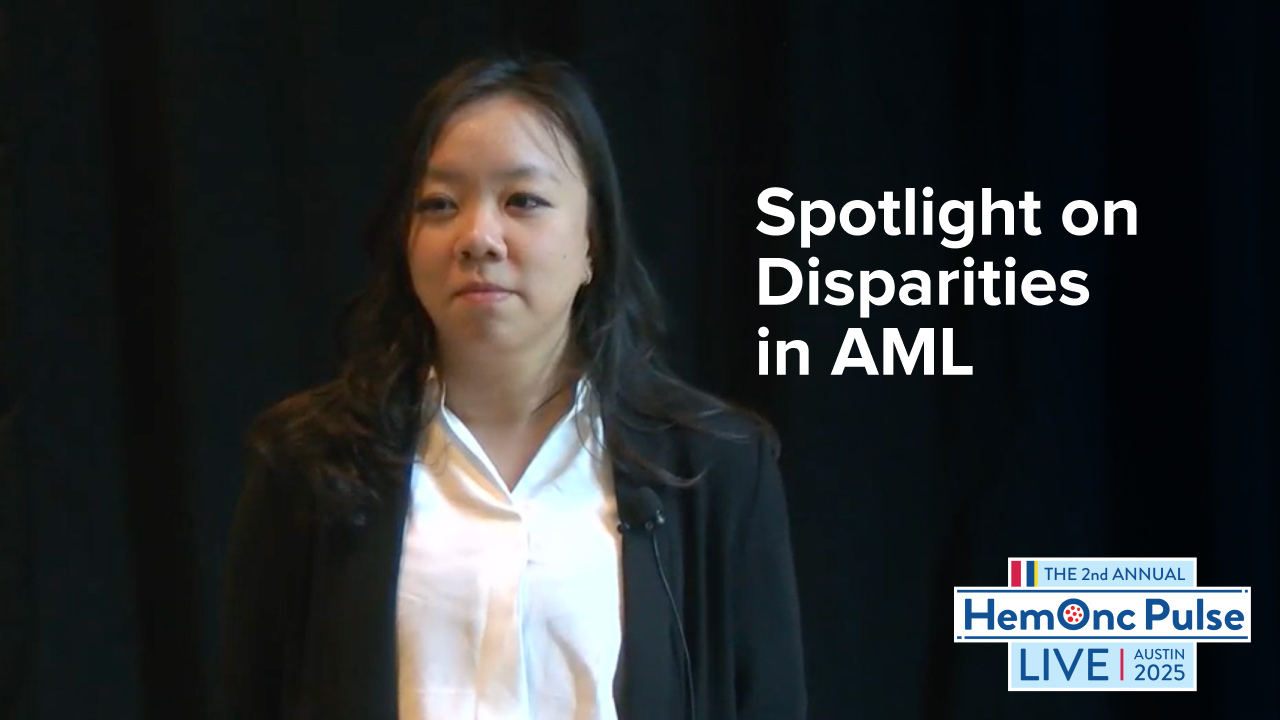
The FDA-approved therapy teclistamab, which targets the B-cell maturation antigen, has been proven to induce deep and durable responses in patients with relapsed or refractory multiple myeloma.1 Multiple myeloma-related renal impairment (RI) is a significant issue, and guidelines for management are provided in the International Myeloma Working Group clinical practice recommendations.2 But in the MajeTEC-1 clinical trial, which supported the FDA’s approval of the agent, patients with RI were excluded, warranting additional research.1
A multicenter retrospective study involving 13 US centers was conducted to determine whether teclistamab is safe and effective for use in the subset of patients with RI (defined as creatinine clearance <40 mL/min at study initiation).3 The study included 384 patients with relapsed or refractory multiple myeloma; 81 of whom had RI (45 with severe RI and 18 undergoing dialysis). Most of the patients with RI received teclistamab ramp-up treatment as inpatients. The median age of patients with RI was 71 years, and the median age of patients without RI was 67 years. Patients with RI had a median of seven prior therapies, and those without RI had a median of six prior therapies.
Results showed that renal function did not significantly change in most patients after teclistamab treatment was initiated. The overall response rate among patients with RI was 52% versus 56% among those without RI (P=.61). Complete responses were observed in 20% versus 24%, respectively (P =.53), and very good partial responses were observed in 47% versus 46%, respectively (P=.92).
Median follow-up was 9.9 months, and the median progression-free survival (PFS) was 4.6 months among patients with RI versus 6.5 months among those without RI (P=.62). Multivariable analysis showed that RI was not independently associated with PFS. Furthermore, for patients with RI, the 1-year overall survival rate was 60.5% (95% CI, 49.9%-73.3%) versus 62.1% (95% CI, 56.2%-68.6%) for patients without RI (P=.77).
Overall, the toxicity profile of teclistamab in patients with relapsed or refractory multiple myeloma and RI was comparable to that in patients without RI. Investigators observed nonrelapse mortality from toxicity in 26% patients, which included 12% who died of teplizumab-related toxicity. Grade 3 or higher thrombocytopenia was an outlier, having occurred in 17% of patients with RI versus only 6% of those without RI (P=.002).
The retrospective study supported the safety of teclistamab and demonstrated a PFS benefit for patients with relapsed or refractory multiple myeloma and RI.
References
- Moreau P, Garfall A, van de Donk N, et al. Teclistamab in relapsed or refractory multiple myeloma. N Engl J Med. 2022;387(6):495-505. doi:10.1056/NEJMoa2203478
- Lin Y, Qui L, Usmani S. Consensus guidelines and recommendations for the management and response assessment of chimeric antigen receptor T-cell therapy in clinical practice for relapsed and refractory multiple myeloma: a report from the International Myeloma Working Group Immunotherapy Committee. Lancet Oncol. 2024;25(8):e374-e387.doi:10.1016/S1470-2045(24)00094-9
- Dima D, Afrough A, Goel U, et al. Teclistamab (tec) for patients (pts) with heavily pretreated relapsed/refractory multiple myeloma (RRMM) and renal impairment: a multicenter study from the U.S. Multiple Myeloma Immunotherapy Consortium. Abstract # 574. Presented at Tandem Transplantation & Cellular Therapy Meetings of ASTCT and CIBMTR; February 12-15, 2025; Honolulu, Hawai’i.






 © 2025 Mashup Media, LLC, a Formedics Property. All Rights Reserved.
© 2025 Mashup Media, LLC, a Formedics Property. All Rights Reserved.